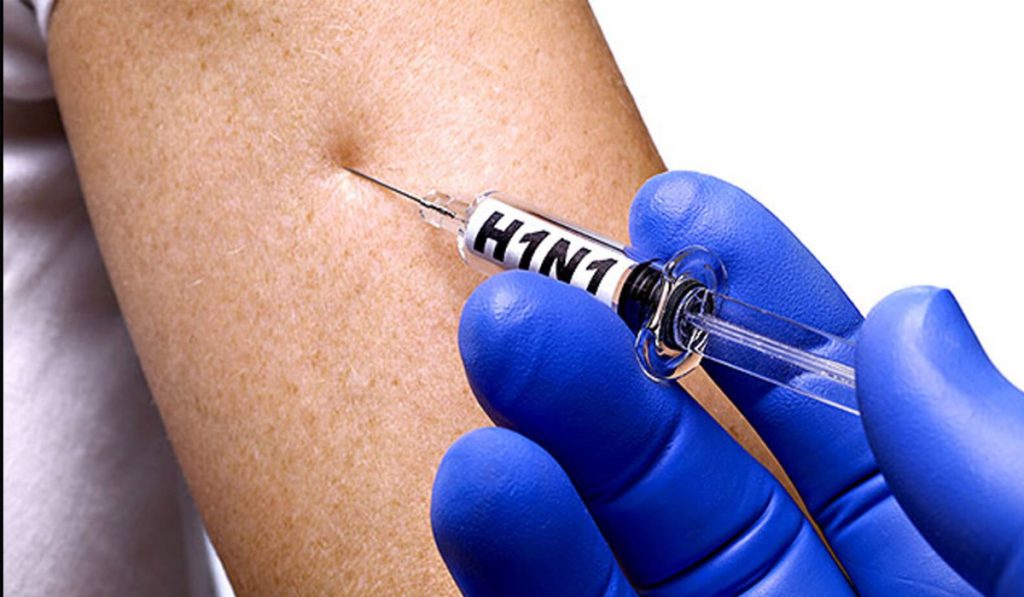Chandigarh: The Health Department of Chandigarh has issued an advisory regarding swine flu (H1-H1). Cases of swine flu have been confirmed in many cities of the country. In such a situation, the department has issued an advisory as a precaution so that people remain a little careful. This is the season of seasonal flu, in which there is a risk of many vector-borne diseases, including swine flu, dengue, malaria, and chikungunya. The Health Department is also doing door-to-door checking for the prevention of dengue and making people aware.
Even before the beginning of the monsoon season, the department had formed a team that was working in the field. About 120 health workers are engaged in this. Although this is not the peak season of dengue, even a little negligence can prove to be costly at this time. However, it is not raining much right now.
But there is a possibility of an increase in rain in the coming days. Which will provide the right conditions for mosquitoes to breed. Department teams are checking from house to house. Five teams have been formed to issue certificates to careless people. The department has 10 hand-operated fogging machines and 4 vehicle fogging machines whose help is being taken.
When a swine flu patient sneezes, the swine flu virus enters the bodies of people standing at a distance of 3 feet around him. If a person covers his nose with his hand while sneezing, then wherever he touches his hand (doors, windows, sofa, keyboard, etc.), the virus gets there, and then from there it gets into the hands of another person and enters the body. Swine flu spreads from one person to another through contact.
If you have a fever, stay at home for 24 hours after it is cured. Keep drinking water continuously. Wear a face mask. Keep washing your hands with soap regularly. Keep the door handles, keyboard, table, etc. of your home and office clean. If you notice symptoms of a cold, do not go out of the house and do not go near others. While sneezing, cover your nose with tissue paper and then dispose of that paper carefully.
In swine flu, a fever up to 100 degrees occurs, appetite decreases, and nose runs. The symptoms of swine flu are like those of a common cold. Some people also have sore throats, vomiting, and diarrhoea. According to doctors, if you have these symptoms, get yourself checked immediately in a hospital, but get the test done only after consulting a doctor.
